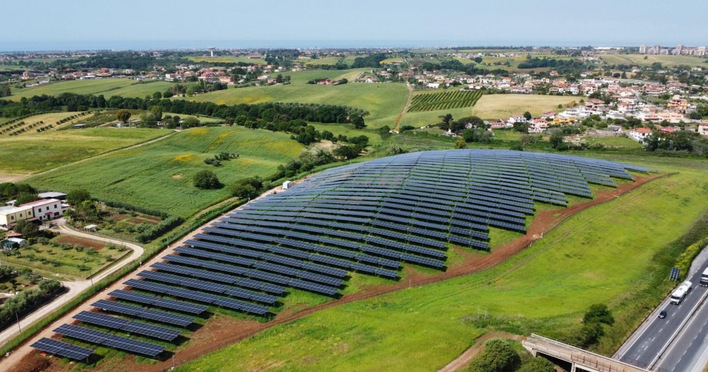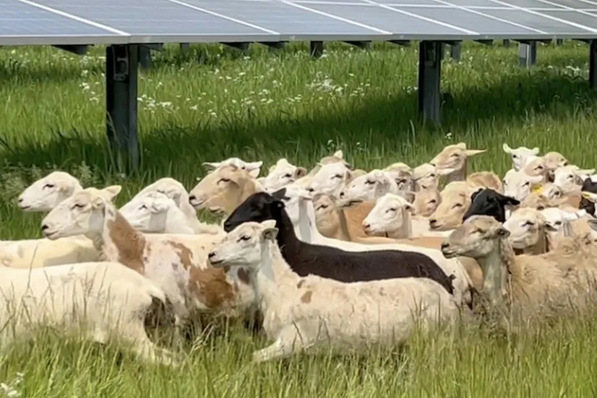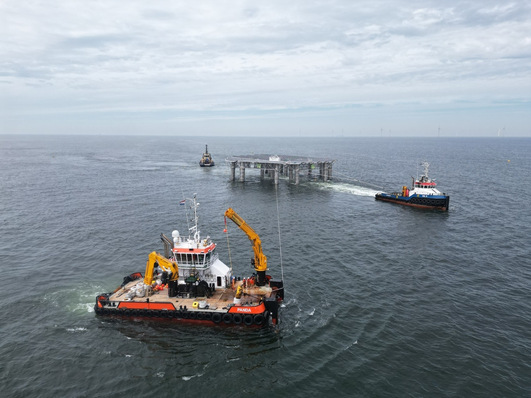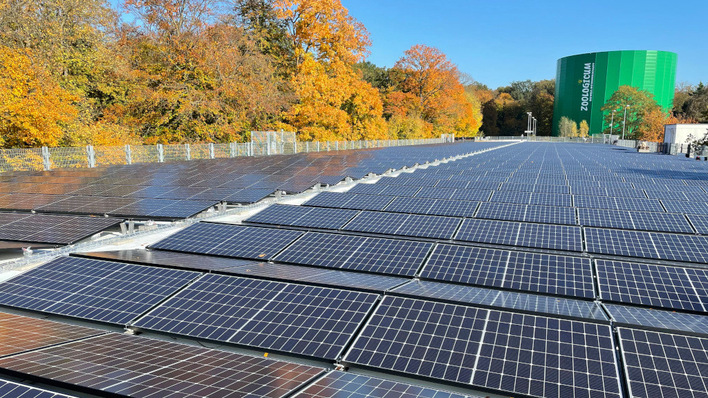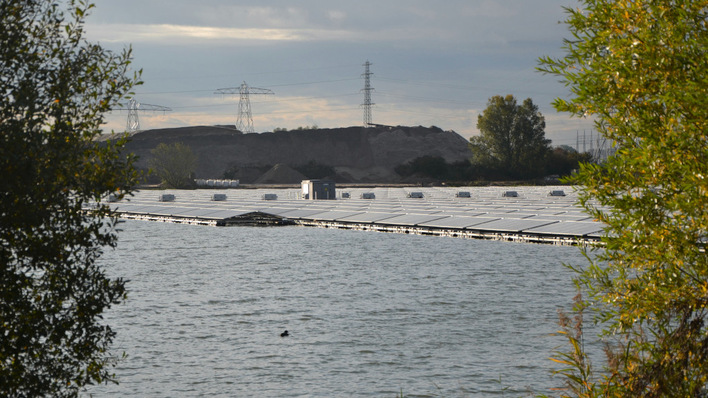The bond will be issued by Africa Green Tec Asset GmbH and is available now. The power generated by the mobile power plants in Mali will be sold to local villagers at fair prices, with the proceeds being used to cover the costs of operating and maintaining the containers as well as for debt service. Africa GreenTec is the first start-up to receive an imug rating. The company also won the support of Heinz-Werner Binzel, former Chairman of the Board of RWE Solutions AG and current CEO of Africa Green Tec Asset GmbH, which is issuing the bond. “With our mobile, turnkey solar power plants, we offer an affordable, scalable and sustainable solution for energy problems outside of Africa’s larger cities”, said Binzel.
6.5% return on investment targeted
Despite the prevailing low interest rates, the bond offers 6.5% interest per annumDifferent benchmarks apply to projects in Africa, however. In Mali, for example, entrepreneurs often earn interest at rates of more than 20%, meaning that the expected rate of return on the bond is very conservative by African standards.

A pioneer in development cooperation
The solar containers were initially crowdfunded. As a co-founder of the green crowdfunding platform bettervest, Torsten Schreiber, Founder and CEO of Africa Green Tec, has access to a strong network in Germany in this area. “However, crowdfunding investors expect short project terms of around five years and higher interest rates than are offered by our current project. Infrastructure projects such as this one, which must be scalable, are therefore better aimed at institutional investors or family offices”, Schreiber explained.
Participation of local residents
As many refugee routes to Europe pass through Mali, the country is a key element of the German federal government’s strategy to address the causes of the refugee crisis where they occur. While political measures have not yet advanced past the planning stages, Torsten Schreiber sees opportunities for a completely new form of development cooperation: “The German armed forces are sending soldiers to Mali – Africa Green Tec is sending electricity and clean water.” Africa GreenTec is planning a comprehensive network of mobile solar containers, known as solartainers, which will be financed by the bond. “We aim to become Africa’s largest supplier of decentralised energy and water,” says Schreiber. The project in Mali will lay the foundation for achieving this goal.

Africa GreenTec was one of the first companies to see development cooperation as a process in which local residents participate as equals, and to use private funds to address the causes of the refugee crisis. Now an entire industry is taking this approach, and it is no longer uncommon for private investors to turn to crowdfunding campaigns for development cooperation.
Solar power for remote locations
12,000 villages in Mali alone have no access to electricity. The 40-foot containers from Africa GreenTec are equipped with a mobile 41 kilowatt-peak (kWp) photovoltaic installation and a 60 kilowatt-hour (kWh) battery storage system, which lets residents store solar power for use after dark.
With temperatures as high as 45°C making it nearly impossible to work during the day, the solar container and storage system allow villagers to move their activities to the evening hours, when temperatures are cooler. Residents use the electricity to power small electrical devices and lights. This gives schoolchildren the opportunity to learn even after dark, while small businesses and tradespeople can take advantage of sewing machines or refrigerators to offer better products.
In contrast to diesel engines, renewable energy provides residents with a cheaper, cleaner and quieter source of power. While diesel-generated electricity can cost as much as 1 euro per kWh, the solartainer provides villagers with power for around 22 cents per kWh, thereby freeing them from reliance on diesel deliveries, which are often affected by delays or retroactive price increases.
Five times cheaper than diesel-generated electricity
In contrast to diesel engines, renewable energy provides residents with a cheaper, cleaner and quieter source of power. While diesel-generated electricity can cost as much as 1 euro per kWh, the solartainer provides villagers with power for around 22 cents per kWh, thereby freeing them from reliance on diesel deliveries, which are often affected by delays or retroactive price increases.
The company’s vision for Africa is available at: https://youtu.be/4vUWmAy2xdg
Read more about energy storage
Stay informed, get our free newsletter twice a week. Register here.
More useful information:



